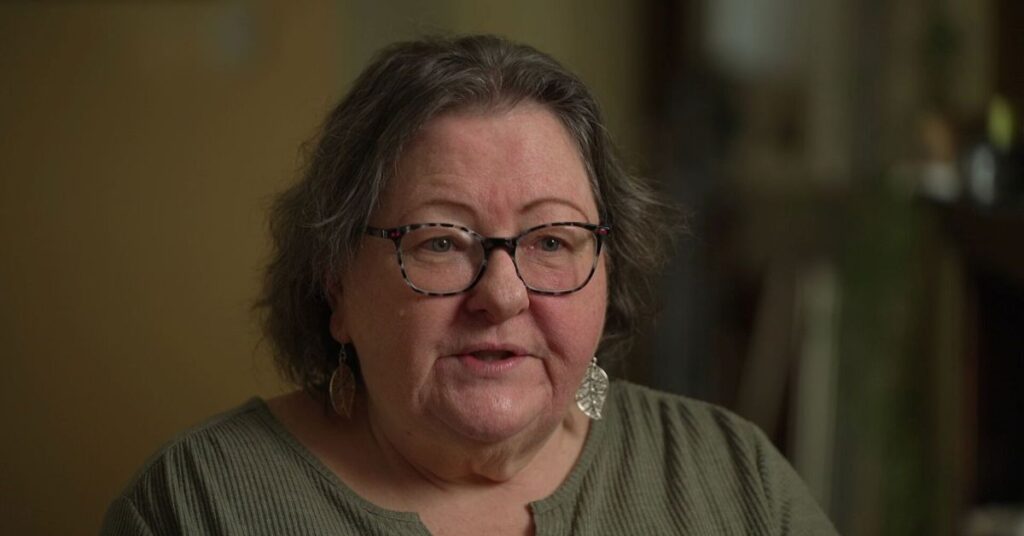
In Queensland, a group of frustrated homeowners is speaking out against Dave Surawski, a tradie from Erect-a-Fence, who allegedly took deposits but failed to complete the promised work. One such homeowner, Vicky, a single mother, paid $10,000 for a front yard fence that remains unbuilt three months later, with Surawski nowhere to be found.
Vicky is not alone in her plight. She is among more than 15 customers who have raised serious allegations against Surawski’s business practices. Authorities, including the Queensland Building and Construction Commission (QBCC), have been monitoring the situation closely.
QBCC’s Response and Regulatory Actions
The QBCC, operating under strict confidentiality obligations, has confirmed that Surawski’s Structural Landscaping – Trade Contractor Licence was suspended on May 7, 2025, due to non-payment of debts related to the Minimum Financial Requirements (MFR). This suspension prohibits him from conducting any building work.
David Joseph Surawski’s licence was suspended for non-payment of debts and he has three QBCC-initiated convictions against his licence.
Additionally, Surawski has faced multiple fines, including one in February 2025 for failing to comply with a QBCC order to rectify defective work. This highlights ongoing regulatory challenges within the construction industry in Queensland.
Understanding the Legal Framework
The QBCC emphasizes the importance of licensing and compliance with building standards. It advises homeowners to conduct thorough checks on contractors using the QBCC’s licence register. The register provides details on a contractor’s licensing status and history, which can help prevent situations like those faced by Vicky and others.
Under the Queensland Building and Construction Commission Act 1991, there are strict regulations regarding deposit amounts for building work. For contracts between $3,300 and $19,999, the maximum allowable deposit is 10 percent, a guideline that was not followed in Vicky’s case.
Homeowners should pay no more than a 10% deposit for contracts priced between $3,300 and $19,999.
Implications for the Construction Industry
This situation underscores the potential risks faced by homeowners and subcontractors in the building industry. The QBCC’s MFR system aims to protect subcontractors from financial harm, but incidents like this highlight the need for vigilance and due diligence.
Subcontractors who have not been paid by head contractors have several options, including lodging a complaint or seeking civil remedies. However, these processes can be lengthy and costly, leaving many in financial limbo.
Moving Forward: Lessons and Recommendations
For homeowners, the key takeaway is the importance of verifying a contractor’s credentials and understanding the legal protections available. The QBCC provides resources and guidelines to help consumers make informed decisions, including checking the contractor’s licence status and adhering to deposit regulations.
As for the affected customers, their next steps involve seeking legal advice and potentially pursuing claims through the QBCC or other legal avenues. The situation serves as a cautionary tale for both consumers and industry professionals about the importance of transparency and accountability in the construction sector.
While the QBCC continues its investigations, the broader industry must reflect on these incidents to improve regulatory frameworks and protect all parties involved in building projects.







